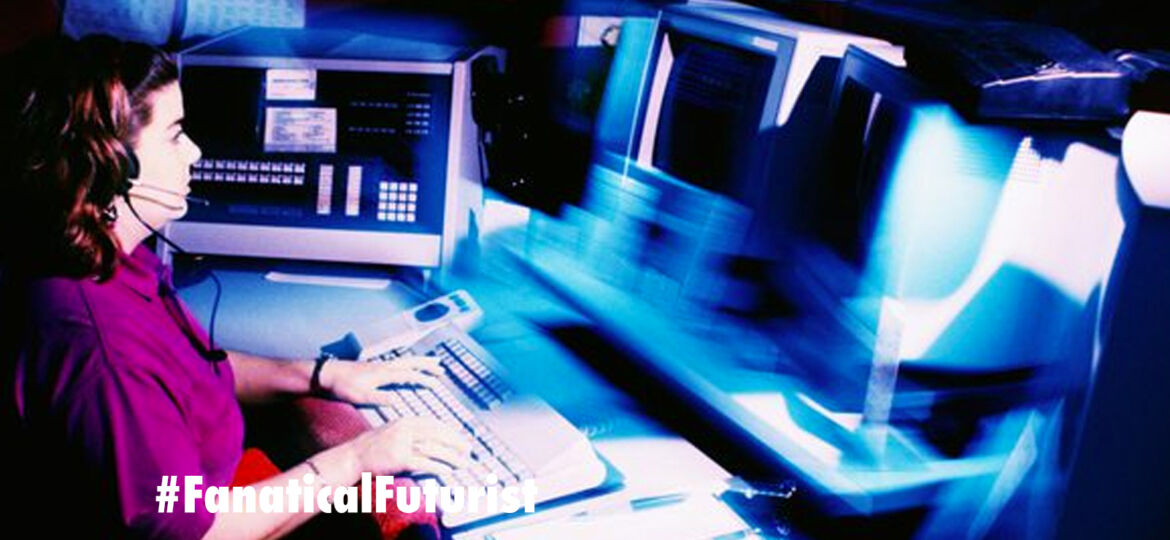
WHY THIS MATTERS IN BRIEF
Humans can only detect a narrow range of sound, but the sounds that AI can detect and analyse are only limited by the sensors they use, now sound is being used to diagnose health conditions in new ways.
Emergency dispatchers have a tough job, trying to handle as many calls as they can as quickly as they can, while still making sure they’re asking the right kinds of questions that could help end up saving someone’s life, and in the UK, in order to tackle the challenge, the National Health Service (NHS) recently announced they were rolling out a bot to help handle calls. Now though many more dispatchers could start getting additional support from another source, an Artificial Intelligence (AI) called Corti, an AI agent that dispatchers in Copenhagen first started trialling in 2016. Unlike other AI’s what makes Corti unique is the fact that it can listen in on calls, understand words and sounds, and even recognise, just from verbal cues, the “sound” of heart attacks and other medical conditions, a technique that researchers in the USA have also been pursing with some success. Corti then prompts the emergency professional with the right questions to get a more accurate diagnosis.
Corti helps out in other more obvious ways too, such as reminding to ask whoever’s on the phone for the address of the incident and ensuring the ambulance en route is headed to the right place, but that said much of its value lies in helping dispatchers refine their diagnosis by detecting and analysing background clues.
How Corti works
In one recent incident, for example, a dispatcher had concluded a man who’d fallen off the roof had broken his back after Corti heard a faint rattling, which fit the sound pattern of a patient attempting to breathe despite a stopped heart. At the time Corti was still in training mode though so it couldn’t give recommendations to the dispatcher directly, but nevertheless in the future it could present them with a proper sequence of instructions for them to read out to callers.
Corti was created by a Dutch startup of the same name, Corti Labs, who are now developing the technology further, and like other machine learning platforms Corti refines its diagnosing abilities as it ingests more information, and the company has announced that they’ll soon be ready to take it to the US.
















